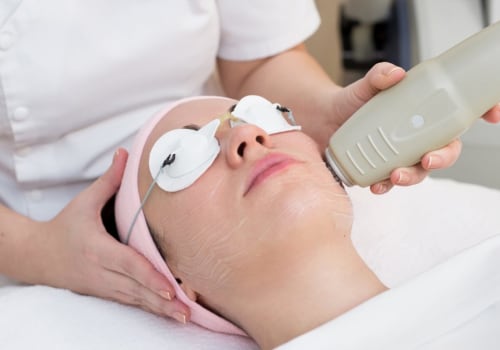Opening a spa in Texas requires obtaining a few different licenses and permits. Before you can start offering services, you must obtain a health spa operator registration certificate from the Secretary of State. Additionally, you must obtain a cosmetology license from the Texas Department of Licensing and Regulation (TDLR) if you plan to offer services such as facials, masks, and general skin care. You may also need to obtain additional business licenses and permits from your local tax authorities.
Furthermore, you should have a network of professionals to recommend services that your spa does not offer. Lastly, you should have liability insurance, commercial vehicle insurance, and workers' compensation insurance. A health spa operator registration certificate is required for each health spa center. According to the Occupations Code, Section 1602.251 (c), a cosmetologist is only authorized to perform cosmetology services in a center authorized by TDLR as a cosmetology establishment. Therefore, if you plan to offer services such as hair styling, nail care, or skin care, then your business must have a license for a cosmetology salon or specialty salon from TDLR. In addition to the spa-specific cosmetology license, there are other business licenses and permits that you will need before you start.
Usually, a spa business requires enough space for all the services provided, such as a room for massages and baths, waxing, manicure and pedicure stations; a waiting room and receptionist area with tables and chairs, shelves for the products to be sold and a storage room. You should contact your local tax authorities for information about the law in your area and continue to comply with the rules. It is essential to have a network of professionals to recommend to its customers the services that your own spa does not offer, and vice versa. Contact the Texas Board of Nurse Examiners to identify appropriate degrees for nursing license holders. Inspections are an essential part of every local environmental health program that must be required of spa owners.
These guests will see your spa as a necessary resource for rejuvenation and as a special treat to spend a day of leisure. A person is granted the authority to practice certain acts depending on the type of license he or she holds. You cannot work in the salon as an operator, but anyone who provides hair, nail or skin care services in your salon and who works under your salon license must have the appropriate license issued by the TDLR. You'll also need a liability insurance policy that protects your business against theft, liability, damage and fire, as well as commercial vehicle and workers' compensation insurance, unless your staff is a self-insured contractor renting space in your spa.






